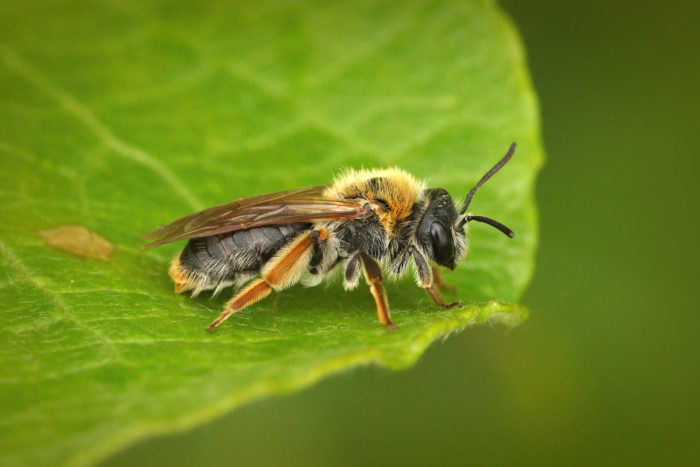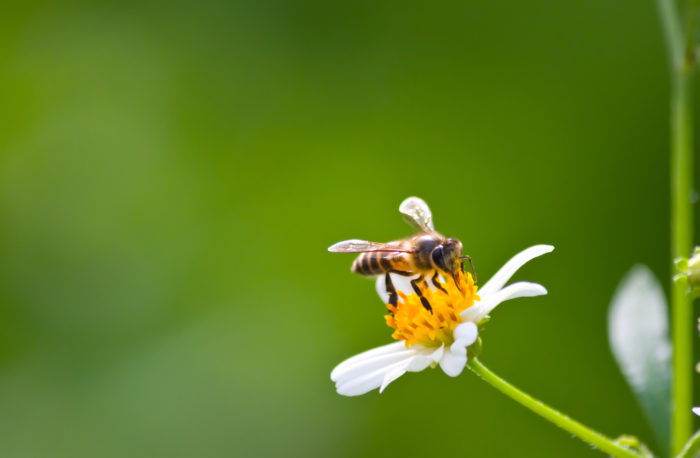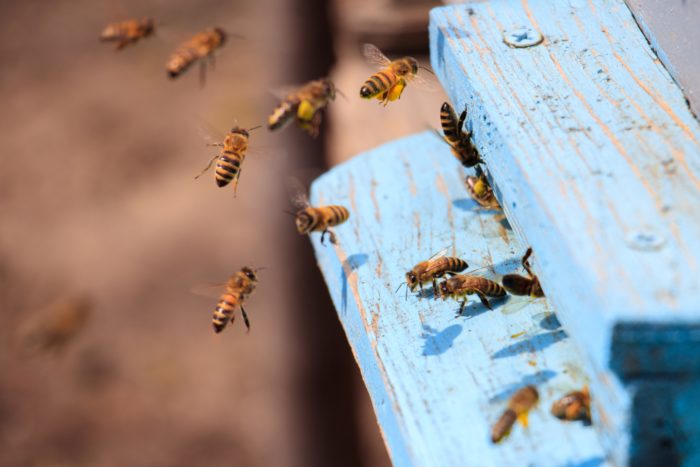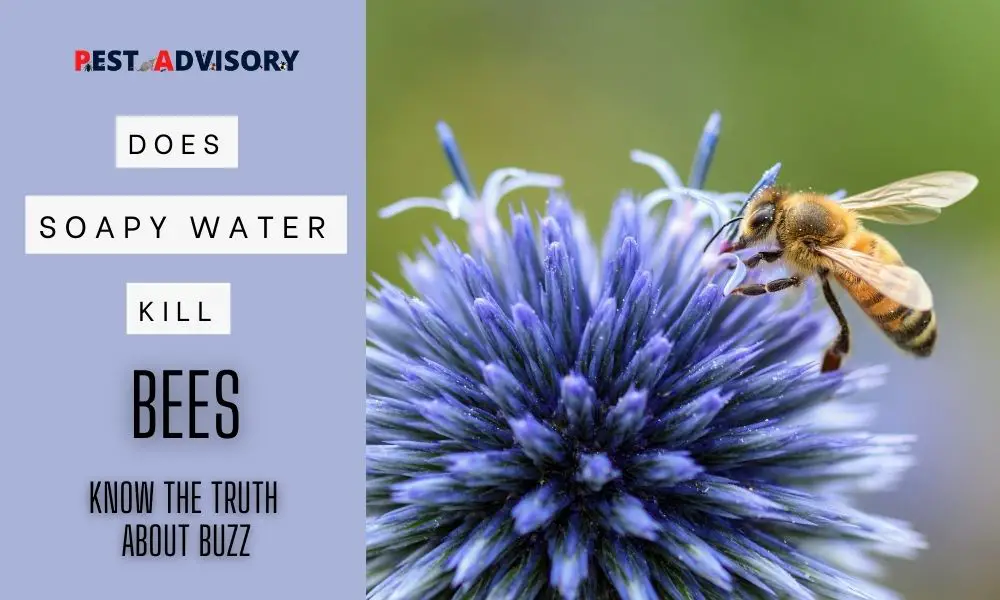Bees are crucial pollinators that play a vital role in our ecosystem, but sometimes they can become a nuisance or pose a threat to humans.
As such, many people wonder if soapy water is a safe and effective means to control bees, Does soapy water kill bees? Why does soapy water kill bees?
In this article, we will delve into the effects of soapy water on bees, the potential risks it poses to them, and how it can be employed as a tool for controlling bees.
Important Note: If you're tired of pests and want a reliable solution, then you should definitely consider seeking help from a professional pest control company. DIY solutions can be effective, but if you're dealing with a significant pest infestation, you don't want to rely solely on DIY methods. Pest control companies typically don't charge huge fees. You can fill out this form to receive free quotes from the top local pest control companies, and compare the quotes and see for yourself. Then, finally, your pest problems will be eliminated for good.
Let’s delve into the science behind whether or not soapy water is lethal to these important pollinators.
Does Soapy Water Kill Bees?
Soapy water can kill bees as the soap suffocates them from the inside. It’s sometimes used as a pesticide to remove bees from structures.
However, all pesticides, including soapy water, are harmful to bees and should be used with caution.
Why Does Soapy Water Kill Bees
Soapy water is lethal to bees because it contains a surfactant, which is a substance that lowers the surface tension of water.
Bees have tiny holes in their exoskeletons, called spiracles, which they use to breathe.
When they come into contact with soapy water, the surfactant breaks up the surface tension of the water and enters the bees’ spiracles, disrupting their breathing process and ultimately leading to their death by suffocation.
In addition, the soap in the water can dissolve the protective waxy coating on the bees’ bodies, leaving them vulnerable to dehydration and other environmental stressors.
This is why soapy water is often used as a pesticide against bees and other insects.
It’s important to note that while soapy water is a non-toxic alternative to traditional insecticides, it can still be harmful to other beneficial insects like butterflies and honeybees.
As such, it’s crucial to use any pest control method, including soapy water, sparingly and only when absolutely necessary.

How to Kill Bees with Soapy Water
Prepare the solution
Mix one part of organic pure Castile liquid soap (insecticidal soap) or Dawn dish soap in four parts of water in a spray bottle. Shake the bottle to mix the solution thoroughly.
Protect yourself
Wear protective clothing like long sleeves, pants, and gloves to avoid getting stung by the bees.
It’s also recommended to do this during cooler times of the day when bees are less active.
Spray the bees
Spray the bees directly with the soapy water solution, making sure to cover them thoroughly.
Be sure to avoid spraying the flowers, leaves, or any other areas where bees might land, as this could unintentionally harm other bees.
Observe the results
The bees will begin to die within a few minutes of being sprayed with the solution. Once all the bees have died, collect their bodies and dispose of them in the trash.
It’s important to note that using soapy water to kill bees should only be a last resort, and all efforts should be made to avoid harming beneficial insects.
Be sure to use the solution sparingly and only when absolutely necessary.
Additionally, it’s always best to contact a professional beekeeper or pest control expert to safely remove any unwanted bee colonies.

Frequently Asked Questions
What type of bees does soapy water kill?
Soapy water can kill various types of bees, including honeybees, bumblebees, and solitary bees.
The surfactant in the soap disrupts their breathing process, ultimately leading to suffocation and death.
How fast does soapy water kill bees?
Soapy water can kill bees almost immediately upon contact.
When the soap in the water enters the bees’ spiracles, it disrupts their breathing process, leading to suffocation and death within a few minutes.
However, the speed at which the bees die may depend on the concentration of soap in the water and the size of the bee colony.
In general, a well-mixed solution of one part soap to four parts water should be enough to kill most bees almost instantly.
Is Dawn dish soap harmful to bees?
Dawn dish soap alone is not harmful to bees.
In fact, homemade insecticidal dish soap sprays, such as ones made with Dawn dish soap and water, are considered safe for most beneficial insects, including ladybugs and bees.
However, it’s crucial to avoid spraying the flowers, leaves, or any other areas where bees might land, as this could unintentionally harm other bees.
Why do dish soap and water kill bees?
Dish soap and water can kill bees because the surfactants in dish soap, like sodium lauryl sulfate, lower the surface tension of water.
When bees come into contact with this soapy water solution, it enters their spiracles, which are tiny holes on the sides of their bodies that they use to breathe.
The soap then disrupts their breathing process, leading to suffocation and death within a few minutes.
What is the best homemade bee killer?
The best homemade and effective solution is borax powder. Get the borax powder into the bees’ nest through the opening or by applying it liberally around the nest itself.
The bees will carry the powder into their colony and in a matter of days, all the bees will be dead.

Conclusion
While soapy water can be used to control bees, its potentially harmful effects on pollinators must be considered.
Careful and responsible use, including the choice of mild, biodegradable soap and judicious application, is crucial.
Alternative, bee-friendly methods of bee control should be explored.
It is important to balance human needs with the conservation of bees as essential contributors to our ecosystem.

